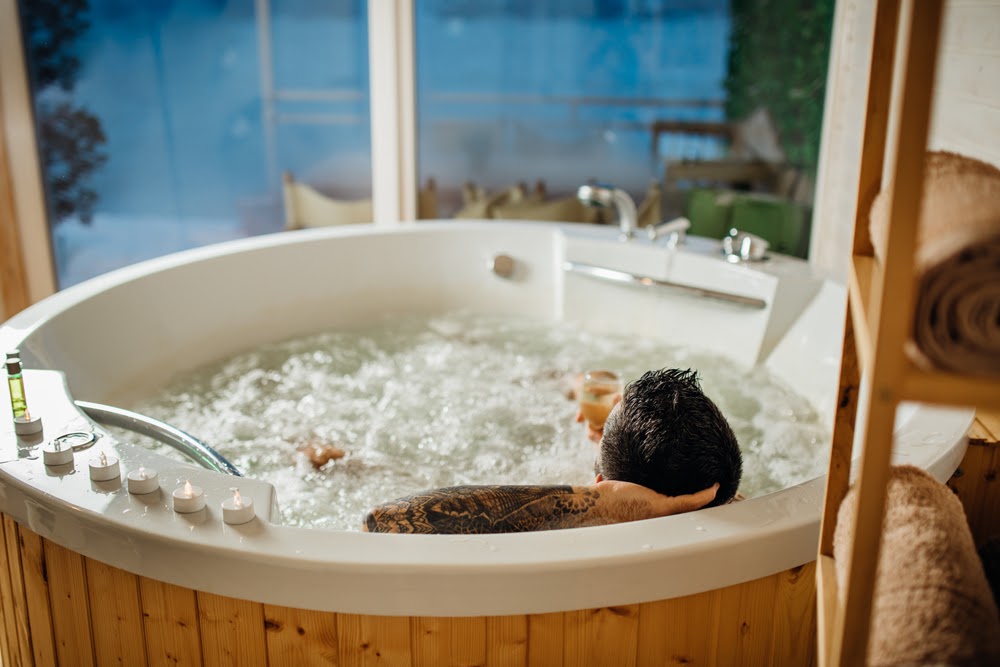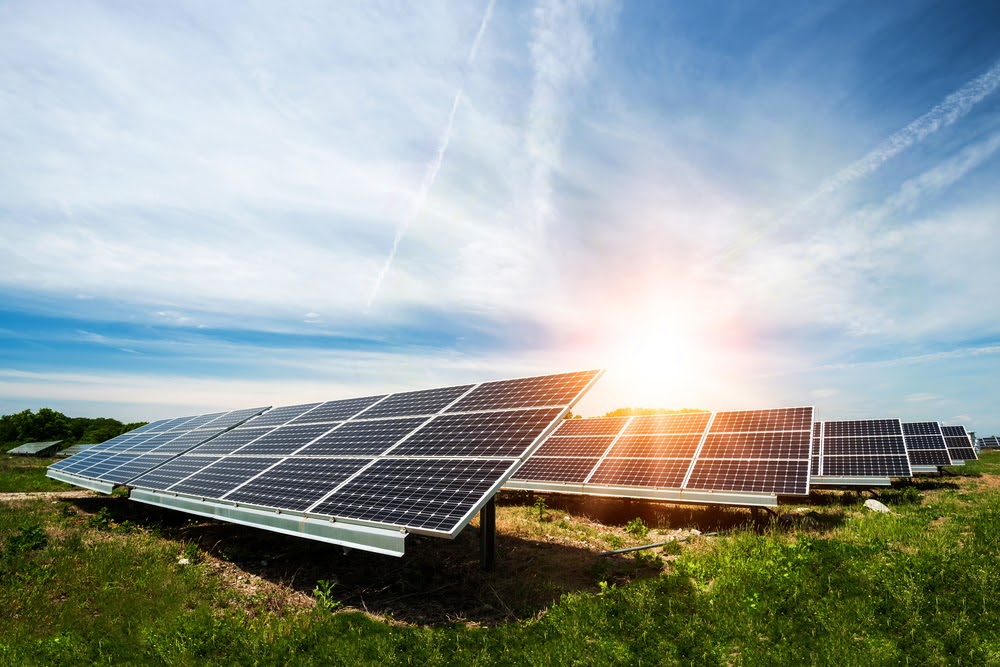Relax and Unwind in the Most Energy Efficient Hot Tub
Homeowners looking to create a relaxing oasis in their backyard could install a pool and a hot tub, too. During cold winters or even cooler summer evenings, soaking in the hot tub can be a great way to relax and soothe aching muscles.
Unfortunately, hot tubs also can heat up energy costs. Hot tubs use a heater to warm the water and the cost of water adds to the price of operation as well. An energy-efficient hot tub could help lower these costs and save energy too.
Here’s how homeowners can relax and unwind in the most energy-efficient hot tub.

Are There ENERGY STAR Hot Tubs?
Homeowners who want to buy an energy efficient appliance might look for an ENERGY STAR label. Homeowners also can find the most energy-efficient appliances by researching their options on the ENERGY STAR website.
Is there an ENERGY STAR list of energy-efficient hot tubs? The site does not include hot tubs among the products that qualify for an ENERGY STAR label. Pool pumps and water heaters, however, are included among these products.
How can consumers find the most energy-efficient hot tub if these products cannot bear an ENERGY STAR label? While the label may provide an easier way for consumers to compare energy use between products, those without the label may still provide some energy savings.
Consumers will have to do their own research, though, to determine which hot tub brands and models might be the most energy efficient. Consumer Affairs offers a comparison of three energy-efficient brands: ThermoSpas, Master Spas and HotSprings.
In addition, different factors can affect the energy use of a hot tub. How often the hot tub is used, the climate of the home, the size of the hot tub, and the quality of the hot tub all can affect the energy consumption as well as the cost of the energy bill.
Homeowners that use their hot tub frequently will see more energy costs. Indoor hot tubs also use less energy that outdoor hot tubs, as it takes less energy to keep the water warmer (the inside air is warmer than outside).
The climate, therefore, also affects energy use. If the homeowner is using an outdoor hot tub in northern Michigan during the winter, that hot tub is going to require more energy to keep the water warm.
Larger hot tubs will cost more to use and operate than a smaller hot tub. More surface area requires more energy, after all!
Are There Other Ways to Make a Hot Tub More Energy Efficient?
Homeowners can control a few factors that can cause their hot tub to use more energy. For example, if a homeowner lives in a cool climate, an indoor hot tub will be more energy efficient. Those who own houses in states like Florida or Hawaii, though, could use less energy by installing the hot tub outdoor.
Some homeowners could be fine installing a smaller hot tub (which is more energy efficient). However, homeowners who don’t want to downsize might need to understand that the larger size will cost more to operate and won’t be quite so energy efficient.
Homeowners also can save money and energy by keeping an outdoor hot tub covered to ensure the heat doesn’t escape. In addition, homeowners can turn down the thermostat a few degrees; this adjustment can add some savings.
SFGate also advises homeowners to invest in a thermal blanket to add insulation underneath a pool cover and to add plants or hedges around the hot tub (for more wind insulation).

Can Homeowners Find Solar Hot Tubs?
Solar power is extremely energy-efficient, as this source of energy only uses the rays of the sun to supply power. Is there a solar hot tub?
Homeowners can purchase a solar energy heater kit for their hot tub, and this energy-efficient heater can help reduce energy consumption and, hopefully, decrease the operating cost of the hot tub, too. Homeowners can opt for DIY installation or hire a pro to handle the install. The kit costs less than $4,000, but, according to the manufacturer’s site, there are rebates to help offset the investment costs.
What is the most energy-efficient hot tub? Homeowners have options to find the most efficient option for their needs, but climate, the hot tub’s location and other factors also impact the energy consumption of the hot tub. For homeowners that want to cut the cost of energy costs to heat their hot tub, a solar energy kit might be a money-saving option. Homeowners also could utilize rebates to offset the cost of this upgrade.


